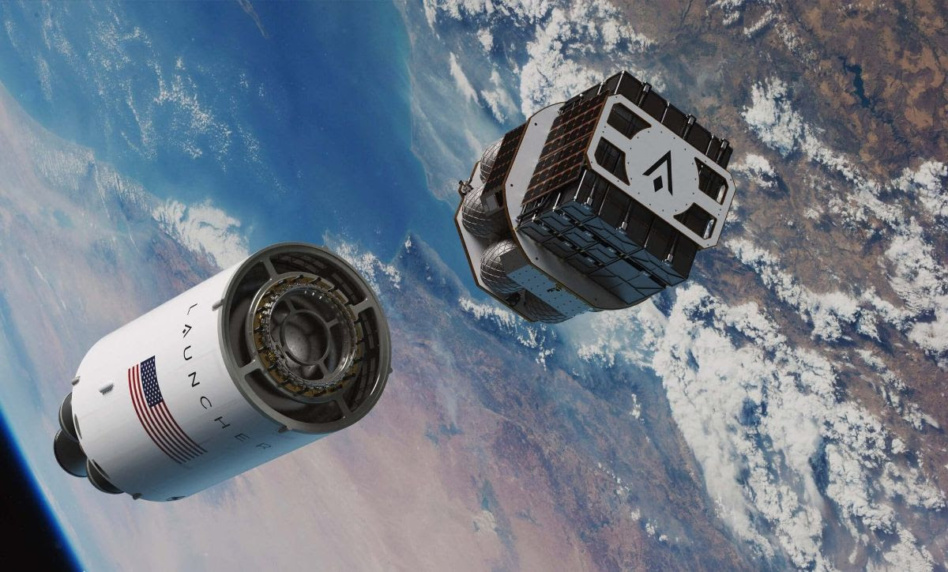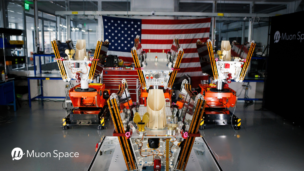Launcher has reserved three more missions for Orbiter, its orbital transfer tug, to Sun-synchronous orbit (SSO) on future SpaceX Transporter rideshares. The Hawthorne, CA-based space transportation startup’s first Orbiter mission is scheduled to fly on Transporter-6 in October.
Last-mile services: The Orbiter vehicle is designed to link up with satellites that have reached generic orbits through rideshare missions and deliver them to different, more specific orbits. The idea is that satellite companies, rather than installing and using propulsion systems on their own spacecraft, can purchase Orbiter vehicle services for cheaper.
- Launcher announced that Orbiter services will cost $400,000 for a dedicated launch, excluding the price of riding with SpaceX, or $8,000-$15,000/kg, including SpaceX costs.
- Orbiter will be able to carry up to 400kg of satellite payload mass and provide up to 500 m/s of Delta-v.
Flight manifest: Launcher’s three SpaceX rideshare reservations cover launches in January, April, and October 2023. Once in orbit, each tug should be operational for up to two years. The contract with SpaceX also allows Launcher to purchase additional spots for Orbiter vehicles on future Transporter missions as needed.




